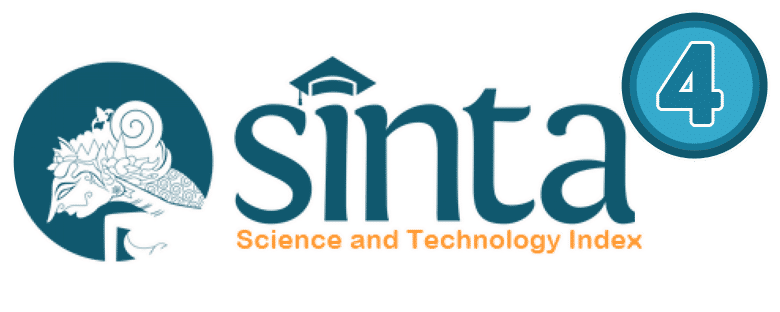Implementation of Behavior with Reward Techniques to Increase Learning Interest of Elementary School Students
DOI:
https://doi.org/10.24114/icp.v5i2.65608Keywords:
Behavior, Reward Technique, Psychoeducational Approach, Learning Interest, Inclusive SchoolAbstract
This study aims to determine the effectiveness of reward techniques based on a behavioristic approach in increasing learning interest in grade 3 students of Almadany Elementary School, Gresik. The subjects of the study were three students who showed low learning interest, indicated by lack of focus, often being thorough, and not completing assignments. The intervention was carried out for six sessions, with rewards in the form of praise (verbal), smiles/thumbs up (non-verbal), and stickers and reward cards (symbolic), every time students showed positive learning behavior. Data were collected through observation, teacher interviews, and documentation of behavioral changes. Analysis was carried out descriptively qualitatively and quantitatively using a behavior change table and the ABC (Antecedent–Behavior–Consequence) framework. The results showed a significant increase in aspects of learning interest, including attention, interest, involvement, and joy. The subjects (ASH, MI, and NRS) became more focused, active, and enthusiastic when learning. The teacher also stated that the classroom atmosphere became more conducive after the intervention. Although changes occur gradually, these findings prove that positive reinforcement is effective in modifying learning behavior, in accordance with behaviorism theory, especially positive reinforcement. The limitations of the study lie in the number of subjects and the short duration of the intervention, so it cannot be generalized. This study recommends a wider variety of rewards, including intrinsic and collaborative rewards, as well as the integration of shaping and chaining methods to form long-term learning habits.Downloads
Published
2025-06-28
How to Cite
Hidayah, N., & Sholichah, I. F. (2025). Implementation of Behavior with Reward Techniques to Increase Learning Interest of Elementary School Students. INDONESIAN COUNSELING AND PSYCHOLOGY, 5(2), 294–303. https://doi.org/10.24114/icp.v5i2.65608
Issue
Section
Articles
License
Copyright (c) 2025 Nurul Hidayah, Ima Fitri Solichah

This work is licensed under a Creative Commons Attribution-ShareAlike 4.0 International License.
Authors who publish with this journal agree to the following terms:
- Authors retain copyright and grant the journal right of first publication with the work simultaneously licensed under a Creative Commons Attribution License that allows others to share the work with an acknowledgement of the work's authorship and initial publication in this journal.
- Authors are able to enter into separate, additional contractual arrangements for the non-exclusive distribution of the journal's published version of the work (e.g., post it to an institutional repository or publish it in a book), with an acknowledgement of its initial publication in this journal.
- Authors are permitted and encouraged to post their work online (e.g., in institutional repositories or on their website) prior to and during the submission process, as it can lead to productive exchanges, as well as earlier and greater citation of published work.







